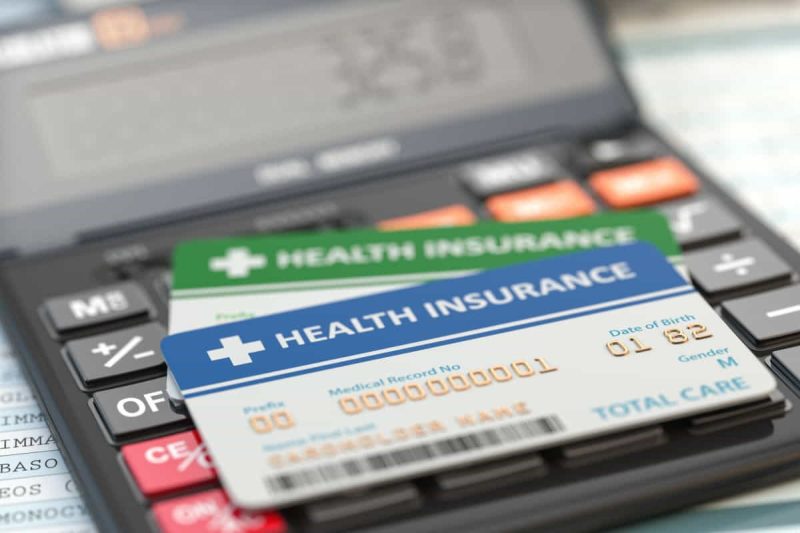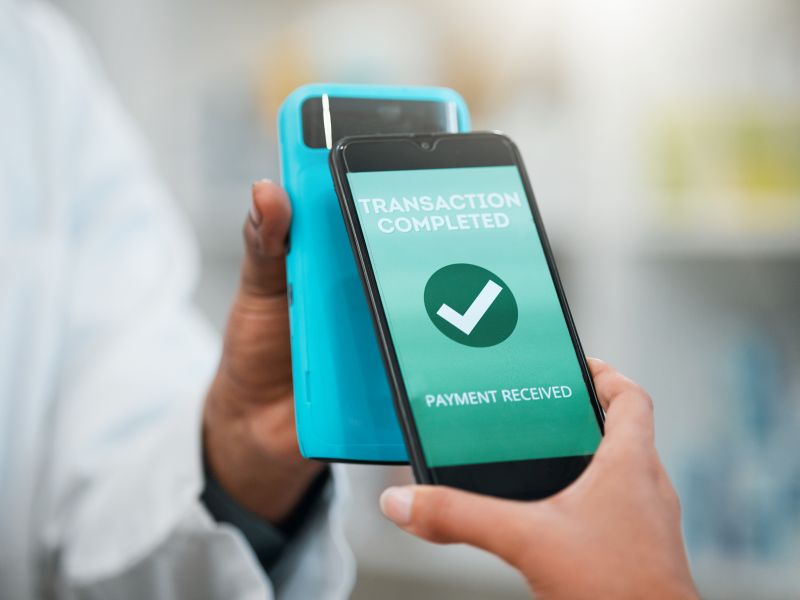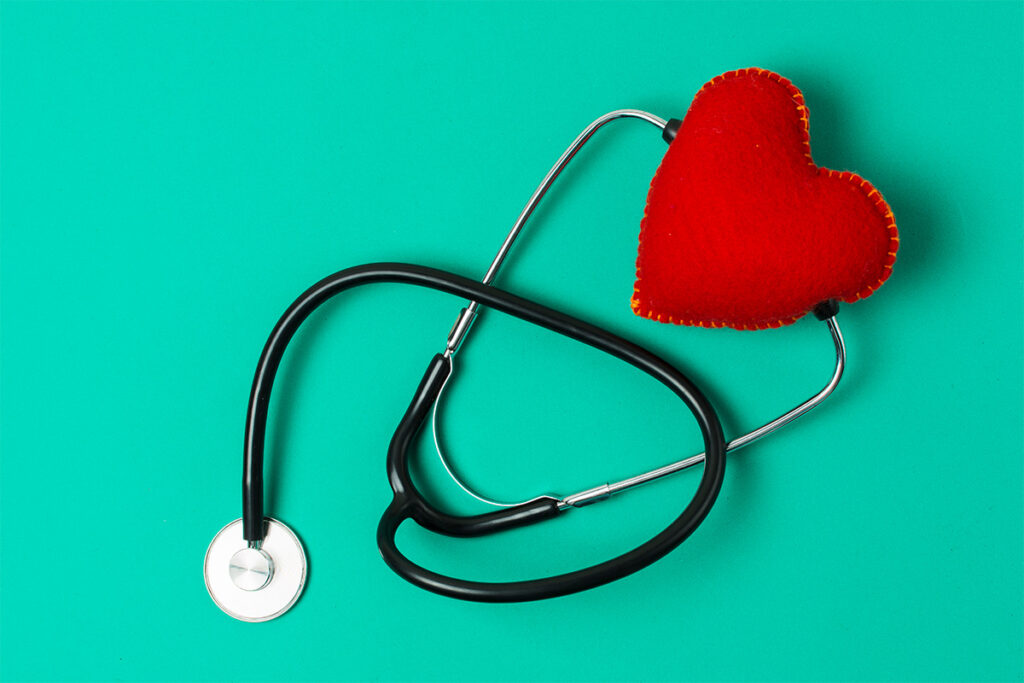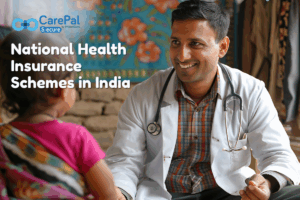Quick Cashless Facilities: Your
Lifeline Medical Emergencies

The last thing one wants to worry about in the face of a medical emergency is the availability of funds. The concept of a cashless facility is a boon in such times, offering a swift and seamless way to handle hospital expenses without the immediate need for cash on hand. This system allows the insured to receive medical services at network hospitals during medical emergency without paying directly for the treatments covered under their health insurance policy. The insurance company coordinates directly with the hospital to settle the bills.
In medical emergency, For instance, consider the case of Rohan, a 45-year-old man who suffered a sudden cardiac arrest. His family rushed him to the nearest network hospital, where they presented his health insurance card. Thanks to the pre-arranged agreement between the hospital and the insurance provider, Rohan received immediate treatment without needing a deposit or payment. In medical emergency, The hospital later claimed the expenses from the insurance company, ensuring that Rohan’s treatment was not delayed due to financial constraints. This example illustrates the critical importance and utility of the cashless facility during unforeseen medical crises.

What Is Cashless Healthcare Insurance?
In healthcare, financial transactions can often be a source of stress and confusion. Cashless healthcare insurance is a beacon of relief in such scenarios, offering a streamlined and straightforward approach to handling medical expenses. This innovative insurance model allows policyholders to receive medical services without the need to pay upfront, thereby eliminating the hassle of reimbursement claims and out-of-pocket payments during stressful times.
At its core, cashless healthcare insurance is designed to simplify the process of settling medical bills. When a policyholder or a family member requires hospitalization, the insurance company settles the bills directly with the hospital. This arrangement is contingent upon the hospital being part of the insurer’s network of partnered healthcare providers, known as network hospitals.
How Does Cashless Healthcare Insurance Work?
1. Network Hospitals: Insurance companies partner with a range of hospitals, known as ‘network hospitals’. These hospitals have an agreement with the insurance company to provide services to their policyholders.
2. Admission and Verification: When admitted to a network hospital, you must present your health insurance card and a valid ID. The hospital will then verify your coverage with the insurance company.
3. Claim Notification: For planned treatments, you should inform the insurance company in advance. In an emergency, the hospital will notify the insurer immediately.
4. Settlement: The hospital sends the medical bills to the insurance company. If the treatment is covered and within the limits of your policy, the insurer will settle the bills directly with the hospital.
5. Exclusions and Limits: It’s vital to note that not all health expenses may be covered. There might be sub-limits, co-payments, or exclusions specified in your policy. If the costs exceed your coverage limit, you must pay the difference.
7. Documentation: Even though it’s cashless, you still need to keep all the documentation, such as medical reports, hospital bills, discharge summaries, and claim forms, for your records and any future requirements.
Benefits Of Cashless Healthcare Insurance
1. Immediate Medical Attention: One of the primary advantages of cashless healthcare insurance is the ability to receive immediate medical attention without worrying about payment. During emergencies, this can be life-saving, as treatments can begin without any delay.
2. Financial Convenience: The absence of the need to arrange funds during hospitalization is a significant relief. This is especially beneficial for those who may not have access to large sums of money during emergencies.
3. Reduced Stress: Dealing with illnesses is stressful enough without the added burden of financial concerns. Cashless insurance eases this stress by removing the immediate financial obligations from the patient’s shoulders.
4. Quality Treatment Assurance: Network hospitals are typically assessed for quality by the insurance companies. This ensures that policyholders receive quality treatment without the hassle of evaluating hospitals during critical times.
5. Simplified Claims Process: The cashless system simplifies the claims process. The policyholder does not need to fill out extensive paperwork for reimbursements, as the hospital and insurer handle the settlement directly.
6. Avoidance of Reimbursement Hassles: With traditional reimbursement policies, policyholders must pay the bills first and then claim the amount from the insurer. This can often be a time-consuming and complex process. Cashless insurance eliminates this step.
7. Transparency: Since the transaction is between the insurer and the hospital, there’s transparency in the billing and payment process. Policyholders can avoid the potential for inflated bills or fraudulent claims.
8. Focus on Recovery: With financial matters taken care of, patients and their families can focus on recovery and care rather than being preoccupied with financial transactions and paperwork.
Choosing The Right Policy
Selecting the appropriate cashless healthcare insurance policy requires careful consideration of the insurer’s network of hospitals, the coverage offered, and the policy’s terms and conditions. It’s crucial to understand the extent of the coverage, including any sub-limits or exclusions, to ensure that the health insurance policy meets one’s healthcare needs and expectations.
Conclusion
Cashless healthcare insurance is a modern solution to the age-old problem of managing finances during medical emergencies. It offers peace of mind, convenience, and a focus on health rather than money. As healthcare costs continue to rise, having a cashless insurance policy can be a wise decision for anyone looking to secure their health & finances. It’s a safety net that allows individuals to prioritize their well-being without worrying about medical expenses.
Frequently Asked Questions
Good digestion ensures proper nutrient absorption, strengthens immunity, and boosts energy levels. It also prevents complications like weight gain, hormonal imbalances, and chronic diseases.
Consider the insurer’s financial stability, claims process, coverage terms, and inclusion of services like teleconsultation and diagnostic tests. These factors ensure smooth access to care and timely claim settlements.
Poor digestion can cause nutrient deficiencies, weakening the immune system and leading to fatigue. It’s also linked to weight gain, diabetes, and mental health issues.
Adopt a balanced diet rich in fiber and fermented foods, quit smoking, avoid alcohol, exercise regularly, and manage stress to support healthy digestion.
It offers comprehensive benefits, including hospitalization, diagnostic tests, and teleconsultation, with a reduced waiting period for pre-existing conditions and cashless treatments.
Hi, my name is Om, and I am a developer at Carepal Secure. With a strong passion for technology and innovation, I enjoy creating effective solutions and learning new skills to enhance my expertise. My journey in development has been both challenging and rewarding, allowing me to grow professionally while contributing meaningfully to the projects I work on.












